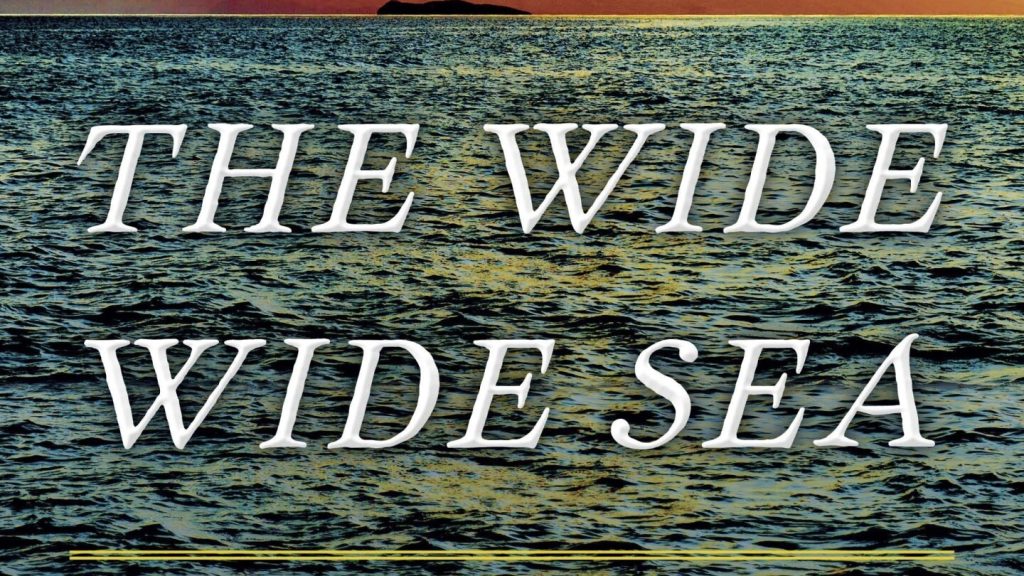Captain James Cook’s voyages in the late 1700s have had unintended consequences that continue to shape the world today. While he set out to find a westward ocean passage from Europe to Asia, Cook’s maps and reports ended up revealing the Pacific islands and their people to the world. Despite recent criticism from some scholars and cultural revisionists for bringing European diseases, guns, and colonization, Hampton Sides’ new book, “The Wide Wide Sea,” sheds light on the complexities of Polynesian island life and cultures. Sides details instances of human sacrifices, mutilation of enemy corpses, and enslavement of defeated warriors, challenging the idyllic image of these societies.
The book is likely to spark controversy among Indigenous groups in Hawaii and other Pacific Islands who view Cook as a figure associated with the destruction of their cultures. Cook’s legacy is contentious, with some seeing him as a conqueror, while Sides argues that he came as a navigator and mapmaker, not a conqueror. Drawing from Cook’s and other crew members’ diaries, as well as his own reporting in the South Pacific, Sides portrays Cook as an excellent mariner and decent human being who inspired his crew. However, on his final voyage, Cook appeared agitated, and the reasons for his behavior remain unknown. Despite his flaws, Cook’s voyages opened up the Pacific islands to the world, forever changing life in these regions.
The question of whether Cook was a villain for his explorations is debated throughout Sides’ book. Through diligent reporting, Sides makes a persuasive case that Cook’s contributions as a navigator and mapmaker enriched the world’s knowledge. Cook’s journals and maps, once they reached England posthumously, were met with great excitement, as Europeans discovered the diverse cultures inhabiting the Pacific islands. While Cook treated these cultures with respect, it is noted that he, along with his fellow British mariners, lacked one crucial skill that would have connected them better to the Pacific islanders: swimming. Despite this limitation, Cook’s voyages had a profound impact on global understanding and reshaped the course of history.
The controversy surrounding Cook’s legacy is evident in the vandalism of an obelisk in Hawaii marking the location of his death in 1779. The obelisk was defaced with red paint, with the phrase “You are on native land” scrawled over Cook’s name. This act reflects the ongoing tension between different interpretations of Cook’s impact on the Pacific Islands. Sides’ book provides a nuanced portrayal of Cook, highlighting both his achievements as an explorer and the complexities of his interactions with Indigenous peoples. While the debate over Cook’s legacy continues, his voyages remain a testament to the transformative power of exploration and the enduring influence of historical figures on the world.


